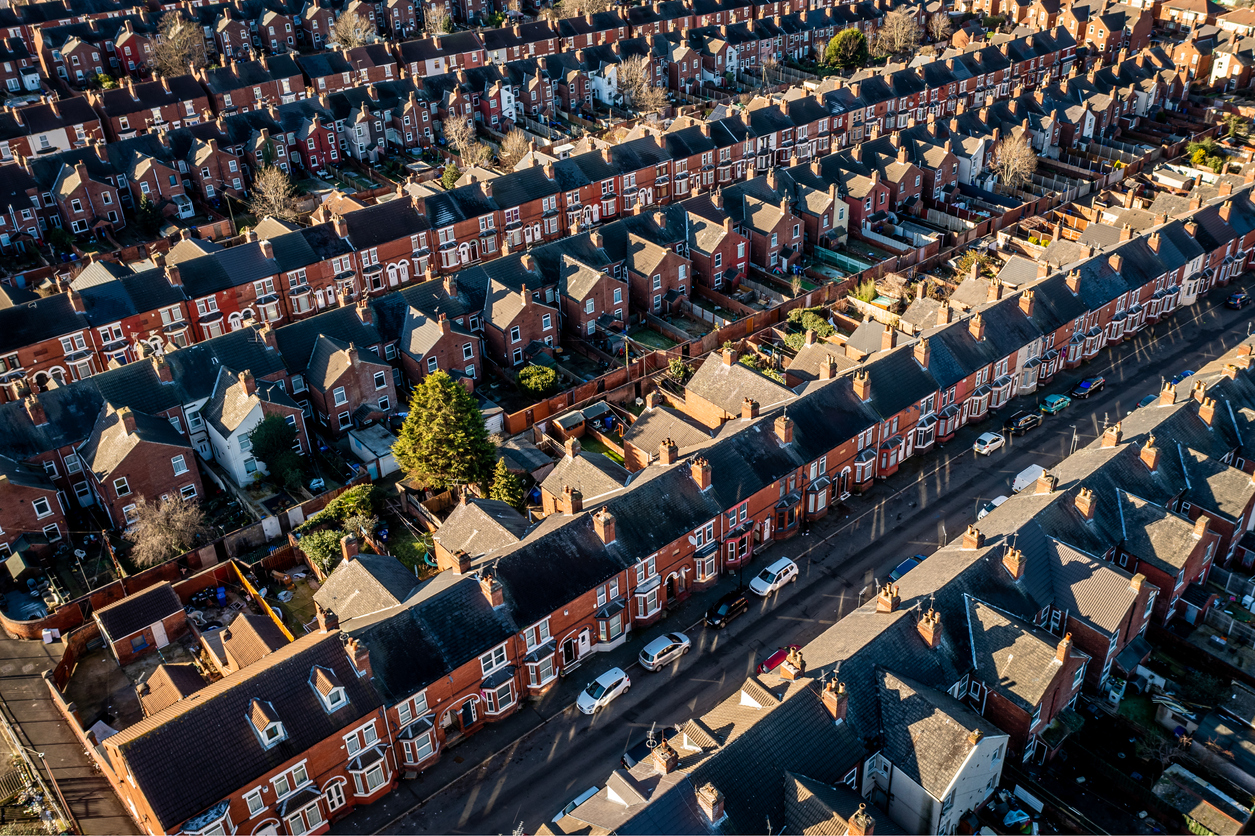Landlords set out swathe of changes following Ombudsman’s Spotlight report on noise
16 April 2024
Landlords set out swathe of changes following Ombudsman’s Spotlight report on noise

The Housing Ombudsman has published its evaluation into its Spotlight report on noise complaints, finding that 60% of landlords who responded have self-assessed against the recommendations and are implementing an action plan.
This demonstrates the positive impact these reports can have and the encouraging responsiveness of the sector. Among the report’s findings are key case studies, including a case where a landlord responded effectively to a resident that was suffering with PTSD from a former neighbour dispute.
The initial Spotlight report, Time to be Heard, published in October 2022, made various recommendations around voids, neighbourhood management and knowledge and information management.
Encouragingly, a third of landlords told the Ombudsman that since the report, they have made improvements and changes to their void standard, and that the benefits of this are already being seen.
Amongst the void improvements mentioned by landlords were installation of soft door-closure mechanisms, door pads and/or anti-vibration washing machine mats and reviewing previous reports of noise from the property and conducting noise insulation checks.
45% of landlords informed the Ombudsman they now have, or are planning, a neighbourhood management policy following the report. A further 38% of landlords said they have reviewed their existing policies and procedures and 22% of landlords now have, or are planning, a separate noise policy.
This was a key recommendation from the original report, with many landlords treating all noise cases as ASB, which was leading to poor responses.
Within the report, the Ombudsman also makes clear the impact this issue can have on residents’ mental health. It is encouraging to see some improvements made in this area, with specific training and pilots with Mind part of the changes.
Other improvements landlords have made following the Spotlight report are:
- introducing timescales for responding to noise complaints
- ensuring these are monitored and that they form the basis of any service level agreements with third parties
- changing the mediation approach to ‘conversation, not confrontation’
- triaging noise complaints to ascertain whether they fall under household noise or ASB
- linking to our Spotlight report on attitudes, respect and rights were changes to language such as removal of “perpetrator” and “incidents”
A small number told us they would make changes to their knowledge and information management around noise complaints. However, the evaluation also identified areas for further action, including on knowledge and information management and offering a visible presence in communities, with only 16% of landlords saying they had increased home visits or their presence on estates despite this being a key concern of many residents.
Follow up report: Spotlight on noise complaints summary page
Follow up report: Spotlight on noise complaints – Time to be Heard (PDF)
Richard Blakeway, Housing Ombudsman, said: “It is positive to see that when landlords engage with the recommendations from our Spotlight reports, effective policy and practice can come from it. This will undoubtedly benefit residents and extend fairness, enabling landlords to deliver more responsive services and potentially prevent complaints arising.
“As part of our plans for the coming years, we have been explicit that we want to improve landlords’ local complaint handling so that fewer cases require our intervention. Engaging with these reports is an important way of doing that and we have seen in some instances where landlords have provided evidence to the Regulator of Social Housing using the self-assessments from our Spotlight reports as proof of learning and progress.
“However, it is important to note that this is just a snapshot of landlords and there is still more work to do. Noise can be a huge issue for the residents that experience it and can cause severe mental health issues, impacting their whole lives. Landlords should be empathetic of this when cases come into them.
“Our Centre for Learning has developed, and is continuing to develop further, resources for landlords to learn from this report and its findings. I encourage the sector to get their staff onto those e-learning modules and workshops to improve services for all.”
To help landlords further develop these practical improvements, the Ombudsman’s Centre for Learning has created expectations for both landlords and residents, has provided case studies on noise, and will soon be publishing a podcast on the findings. On top of this, new e-learning and noise workshops will be soon free to attend for all landlords.
